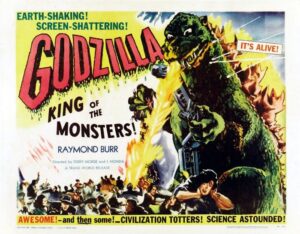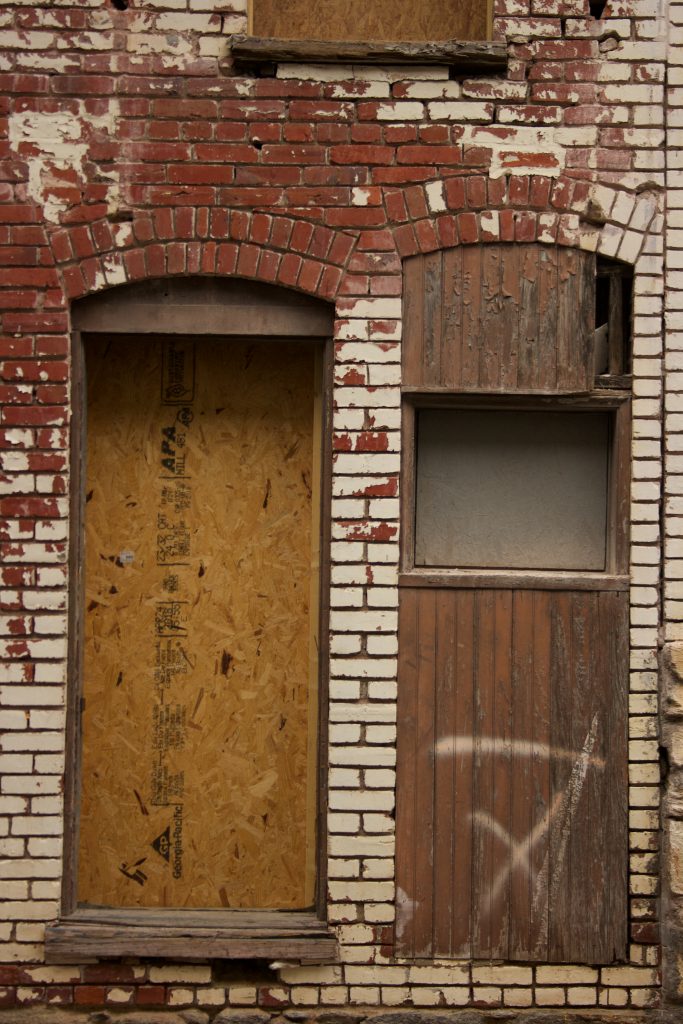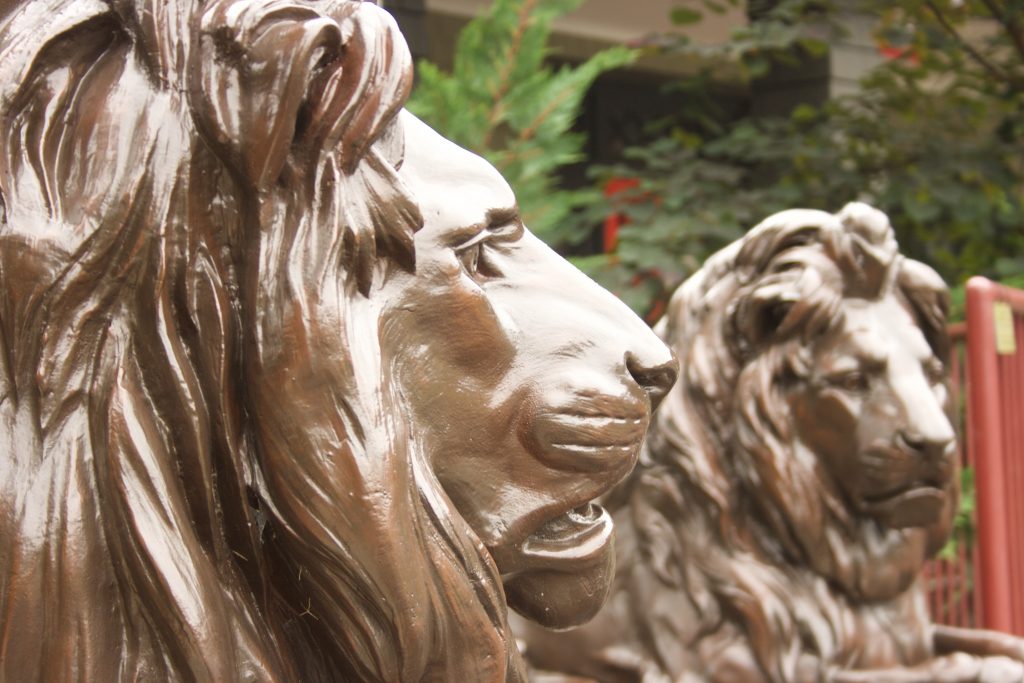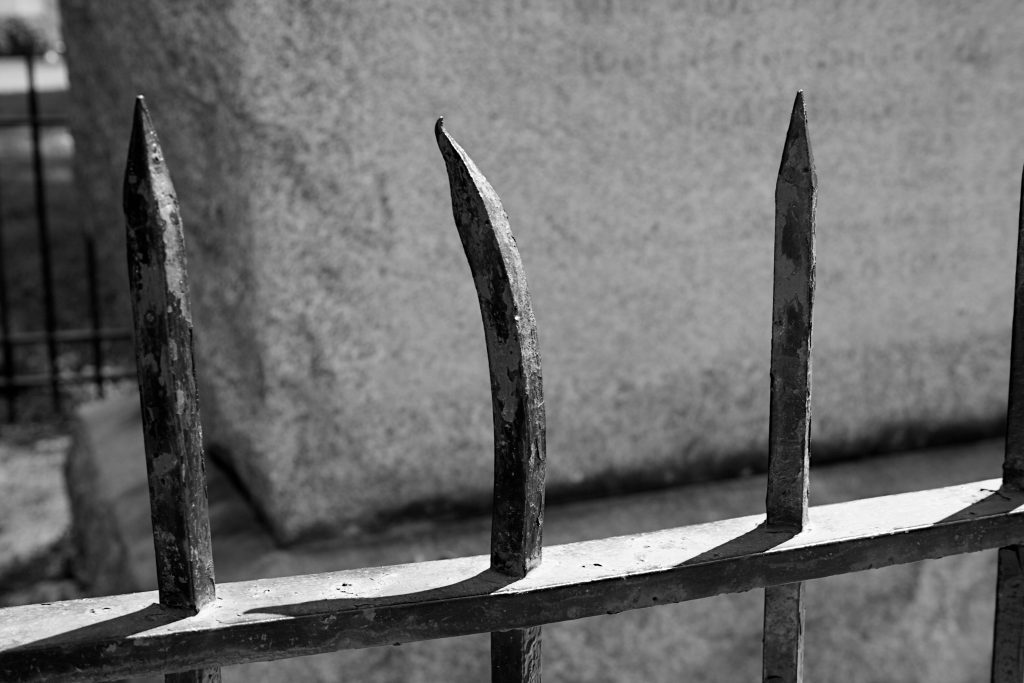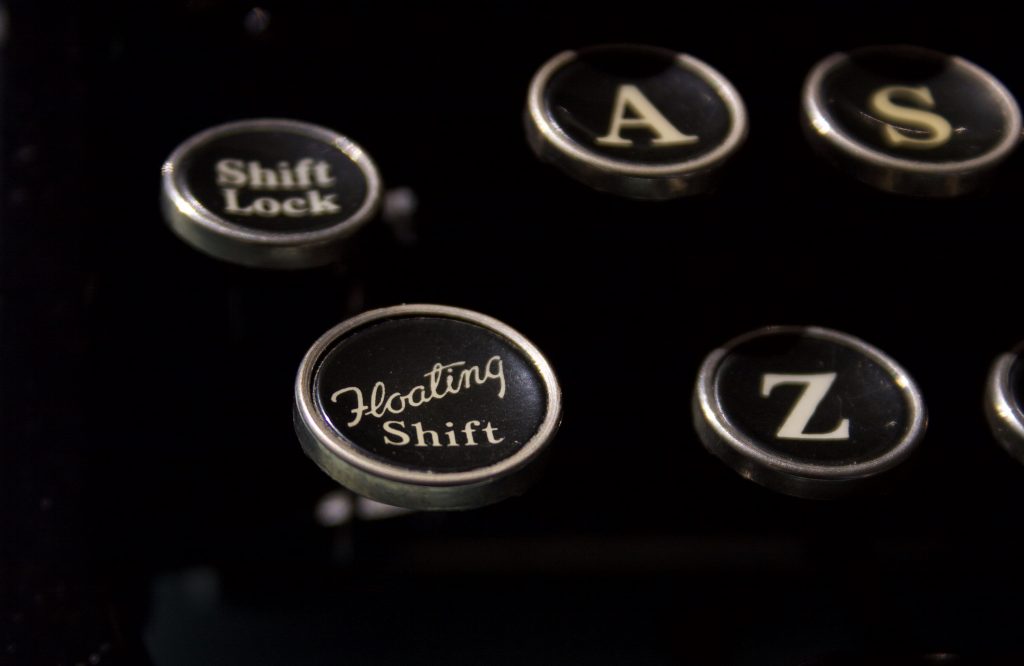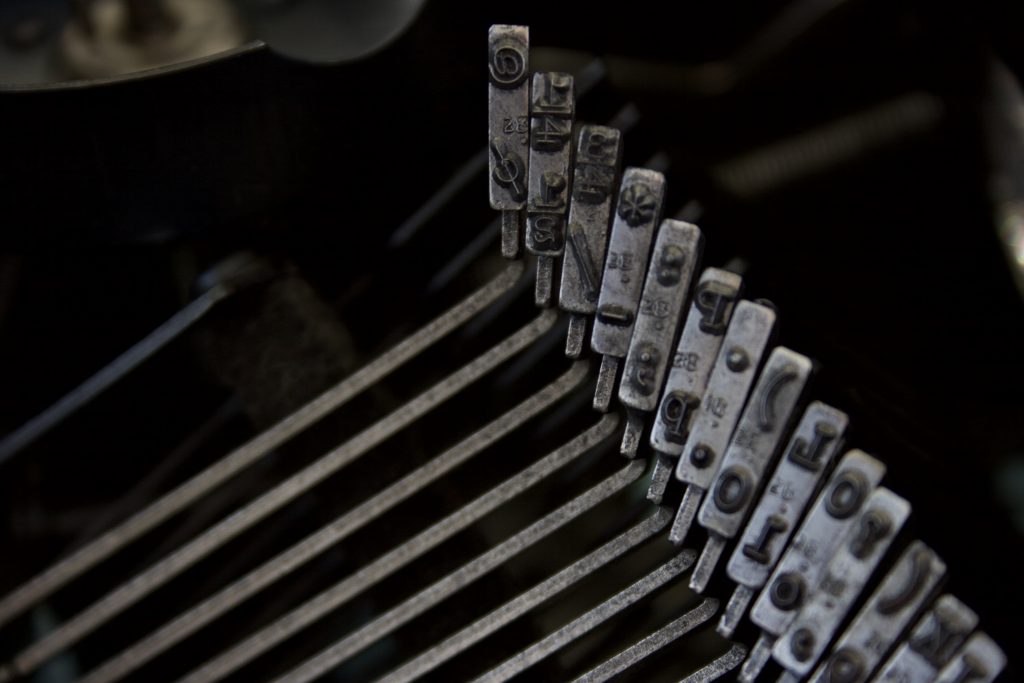Gradually Then Suddenly: the 2023 Worldcon, Self-Censorship, and the Growing Threat of Authoritarianism
Welp, it took less than a decade for someone to find a way to one-up (or, more accurately, one-down) the Sad Puppies fiasco at the Hugos.
Their “hold my beer” stunt happened last October, at the 81st Worldcon in Chengdu, China. A lot of science fiction authors had protested awarding the bid to Chengdu because of China’s record of human rights abuses against the Uyghurs and Turkic Muslims (and, it should be noted, against Christians and other religious minorities as well) under the cynical pretense of “anti-terrorism,” and indeed there were some irregularities about the bid that, in retrospect, should perhaps have been red flags, but a lot of fans also sincerely hoped that engaging with the People’s Republic of China through a shared literary tradition might lead to greater openness and freedom of expression — particularly in a time of increasing international tension and trade instability.
By and large, the reviews of the event were favorable — though a few eyebrows were raised by the announcement that over $1 billion in deals with “companies that produce films, parks, and immersive sci-fi experiences” were signed during the con’s “industrial development summit,” leading to some mild sniffing about the hyper-commercialization of SF/F. Despite that, overall it seemed like the event was a success.
Then, late last month, the concom finally released the full list of nominees, and everything hit the fan.
The list showed that at least four authors had been disqualified for reasons that the awards administrator steadfastly — and increasingly arrogantly — refused to elaborate. Two of the authors were native-born U.S. citizens, while the other two were Chinese emigrants (to the U.S. and Canada, respectively), leading to speculation that perhaps the disqualifications were the result of censorship by Chinese government officials or powerful business interests.*
Oops, nope.
As documented in The 2023 Hugo Awards: A Report on Censorship and Exclusion by Chris M. Barkley and Jason Sanford, it turns out it was members of the awards committee itself — U.S. and Canadian members, no less — who did the censoring. And thanks to a trove of documents provided to Barkley and Sanford by committee member-turned-whistleblower Diane Lacey, we also know that the committee created dossiers of the nominees to identify those who might have said or written things that “the People’s Republic of China’s government officials and censors may consider to be politically offensive or subversive,” in Barkley’s words.
To be clear, there is no evidence that the awards committee was explicitly or implicitly instructed by the PRC government or anyone else to do what it did. Whether the awards administrator received or solicited advice in that regard, and from whom, remains pure speculation. What is certain, however, is that Barkley’s and Sanford’s bombshell report has been widely reported in mainstream media, causing a lot of horrified outrage within the global SF/F community, likely causing acute embarrassment for the image-conscious PRC government, and potentially causing blowback for Chinese science fiction authors at home and abroad down the road.
So yeah, bang-up job everyone. As John Scalzi summed it up, “A fraud was perpetrated by the Hugo administrators: on the Hugo Award voters, on the Chengdu Worldcon membership, and on the science fiction and fantasy community at large.“
Scalzi, and many other SF/F veterans, are hopeful and determined that the community will learn from this and do better. And there’s every expectation that safeguards will be put in place to improve the integrity of the Hugo nomination process. Between Sad Puppies and whatever this is going to end up being called (Chengdugate?), no one — probably least of all the World Science Fiction Society, which owns the trademark — believes the credibility of the Hugos can survive this kind of dumbfuckery a third time.
However, that’s not what’s bugging me.
Read the rest of this entry »